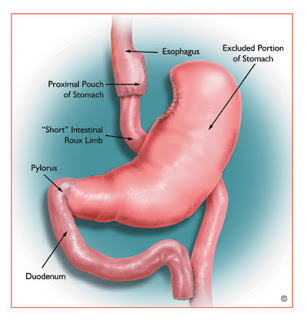In follow up to my blogs about the increased risk of diabetes associated with smoking (read more here), some of my colleagues have asked me to comment on whether there is also an increased risk of diabetes associated with marijuana use. With the advent of medical marijuana, and the plans to legalize marijuana use in Canada, this is definitely an excellent question.
A question, which it turns out, we have very little data on which to base an answer.
One study examined body fat, insulin sensitivity, and various aspects of beta cell function (the pancreatic cells that make insulin) in 30 cannabis smokers, and compared them to people matched for age, gender, ethnicity, and body mass index. They found that cannabis smokers had a higher percentage of abdominal visceral fat (the fat around the organs that is the metabolically dangerous (diabetes inducing) fat). Good cholesterol (HDL) was a little lower, and carbohydrate intake a little higher, but otherwise, there was not much difference between groups.
Another study evaluated metabolic parameters in 4657 adults from the American NHANES (National Health and Nutrition Examination Survey), 579 of whom were current marijuana users. They found that current users had a 16% lower fasting insulin level, and had less insulin resistance as well (17% lower HOMA-IR, for the scientists in the audience), suggesting a lower risk of developing type 2 diabetes. Use of marijuana in this study was associated with smaller waist (a crude way to measure abdominal visceral fat – which contrasts with the findings in the first study above).
Other than these studies, there is very little data on marijuana and its effect on diabetes risk.
At this point, the available data does not suggest that marijuana carries the increased risk of developing diabetes that cigarette smoking does, with one study suggesting that it may even be protective of developing diabetes. However, the data is extremely limited, and further study of the effects of marijuana is much needed.












